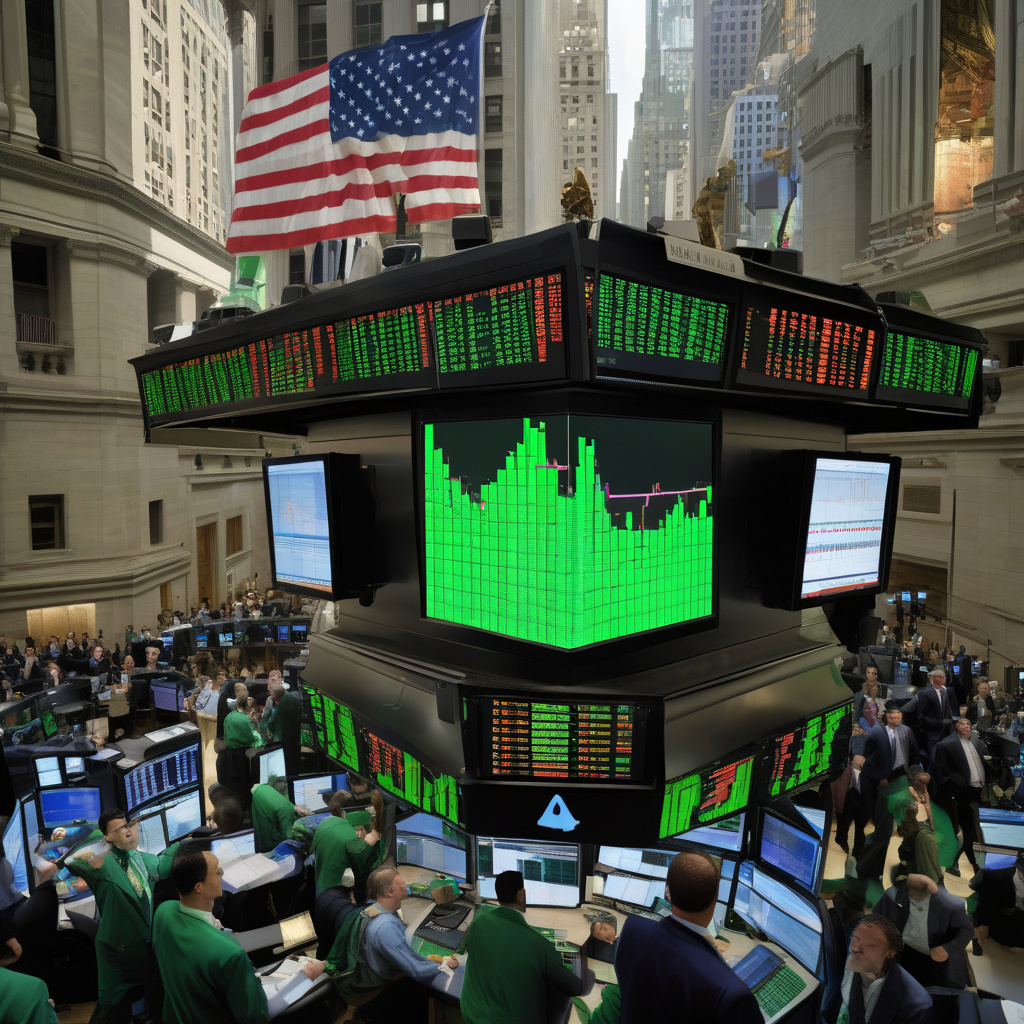Crypto Surges as Trump Pauses Mexico Tariffs
In a surprising turn of events, the recent decision by President Trump to pause the proposed tariffs on Mexico has not only brought relief to the financial markets but has also sparked a significant surge in the world of cryptocurrency. The temporary halt in imposing tariffs led to a positive reaction across various sectors, with US stocks and the Mexican peso experiencing a swift recovery. However, it was the digital currency market, particularly Bitcoin, that witnessed a remarkable rebound in response to this development.
The announcement of potential tariffs on Mexico had initially sent shockwaves through the global economy, causing widespread concern among investors and market analysts. The uncertainty surrounding the implications of such tariffs had led to a sense of unease, resulting in a downturn in various financial instruments. However, the decision to postpone these tariffs provided much-needed respite to investors, restoring confidence in the markets.
As a result of this newfound optimism, Bitcoin, the world’s most well-known cryptocurrency, saw a sharp increase in its value. The price of Bitcoin surged following the news of the tariff pause, demonstrating the resilience and volatility of digital currencies in response to geopolitical events. This surge not only underscored the growing influence of external factors on the cryptocurrency market but also highlighted the potential for digital assets to serve as a hedge against traditional market risks.
The correlation between geopolitical developments and cryptocurrency performance is becoming increasingly evident, with events such as trade disputes and regulatory announcements playing a significant role in shaping the market landscape. The interplay between traditional financial markets and digital assets is a testament to the evolving nature of the global economy, where factors once considered unrelated now have the power to influence each other in profound ways.
Moreover, the response of Bitcoin to the tariff pause serves as a reminder of the unique characteristics that set cryptocurrencies apart from traditional assets. The decentralized nature of digital currencies, coupled with their borderless and apolitical properties, positions them as a distinct asset class with the potential for significant growth and adoption in the future.
While the surge in Bitcoin following the tariff announcement may be viewed as a short-term reaction to a specific event, it also underscores the broader trend of increasing mainstream acceptance and integration of cryptocurrencies into the traditional financial system. As digital assets continue to gain traction among investors and institutions, their role as a diversification tool and store of value is likely to become more pronounced in the years to come.
In conclusion, the recent surge in Bitcoin in response to the pause in Mexico tariffs highlights the interconnected nature of global markets and the growing relevance of cryptocurrencies in today’s financial landscape. As geopolitical events continue to shape market dynamics, digital assets are poised to play an increasingly important role in providing investors with alternative avenues for diversification and risk management.
crypto, Bitcoin, tariffs, financial markets, Mexico












